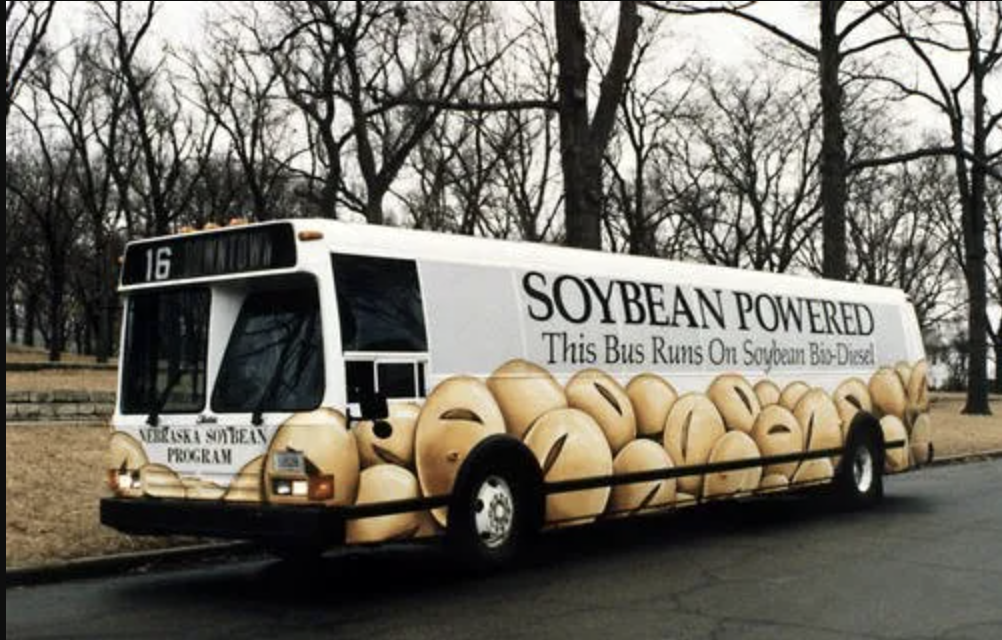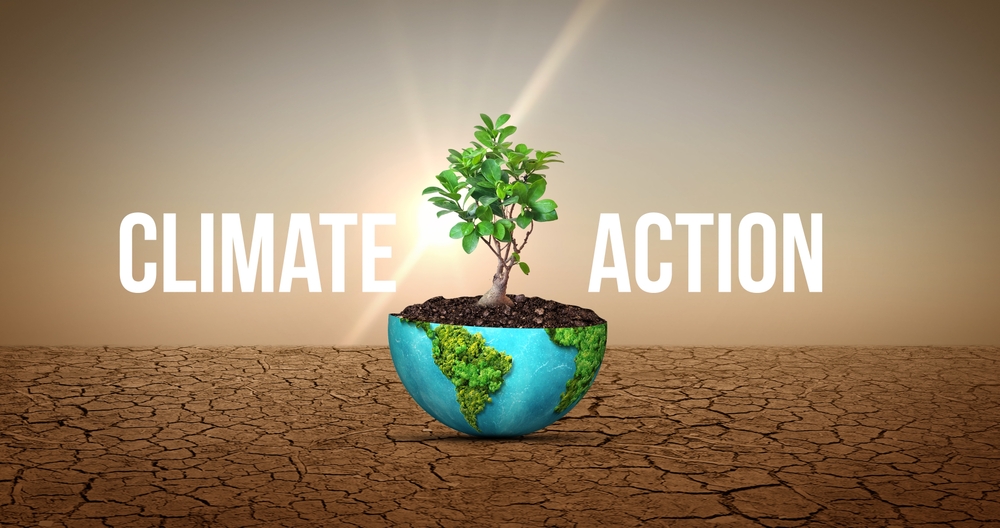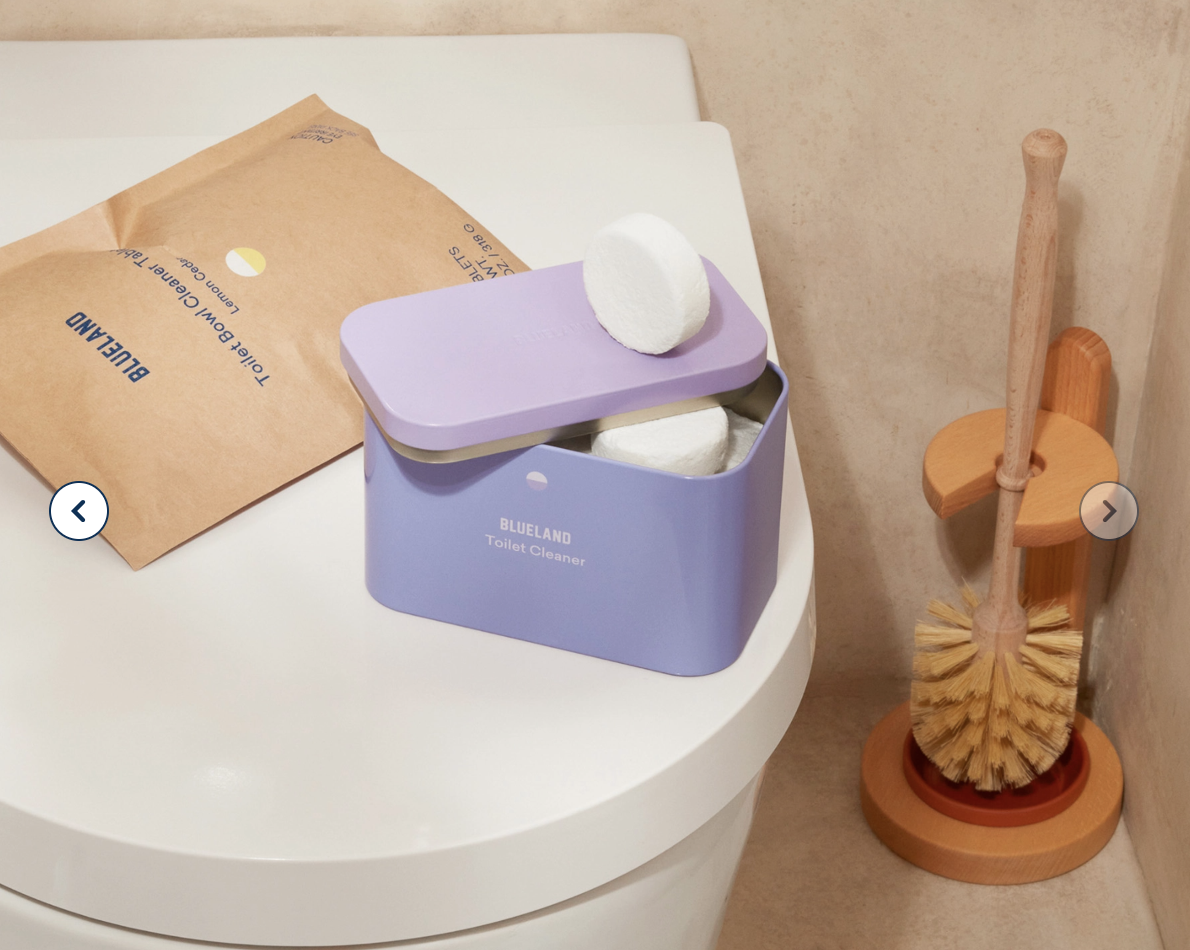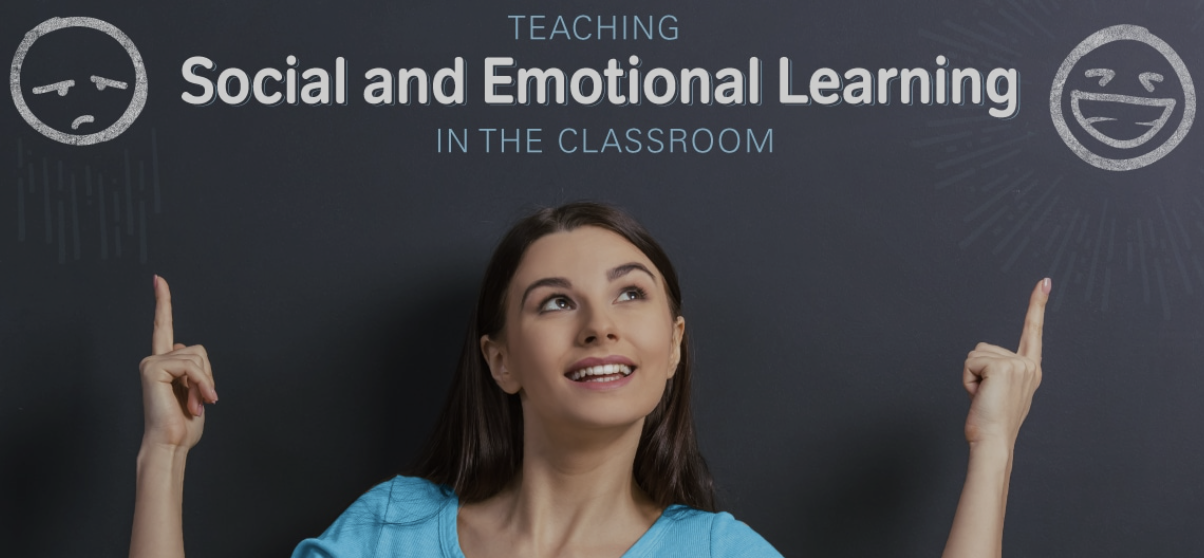What Possible Difference Could It Make? Vol. 1: Riding the Bus

People have been known to snicker when I tell them we award PIPs, or Positive Impact Points, to our PIPs Rewards™ App users for taking the bus, refilling water bottles, and recycling. These are valuable points that can be converted into scholarship grants and gift cards for food and other essentials.
“So why?” they ask. “Why award a valuable currency for such small everyday actions like riding the bus? What possible difference could it make?”
A lot, it turns out. Riding the bus or taking the train or subway to work is one of the most effective actions we can take to reduce our carbon footprint.
According to the American Public Transportation Association (APTA), a single person can save up to 4,800 pounds of CO2 per year by taking public transit instead of a car. Do you know how many people take the subway everyday in my hometown of New York City? More than 10 million. In an average year? 1.7 billion.
In the grand scheme of things, that means public transit usage lessens our dependence on foreign oil and contributes over 8 trillion in CO2 reductions annually. It also creates a lot of jobs; public transportation is a $54 billion industry that employs more than 400,000 people.
If pocketbook issues matter more to you, consider this: according to the APTA, a person who takes public transportation instead of driving a car can save, on average, more than $847 per month. The savings are based on the cost of commuting by public transportation compared to the cost of owning and driving a vehicle, which includes the cost of gas. The average motor vehicle consumes 382.6 to 400 gallons of fuel on an annual basis, costing the driver well over $1,000 just to keep fuel in the tank.
Putting all the numbers together, rough estimates suggest driving cars in the U.S. burns 80 billion gallons of gas in a year and releases 157 trillion lbs. of CO2. That’s nuts, right?
So, what if a good percentage of us were to switch to public transit, and the buses and trains we rode on were upgraded to biodiesel fuel-powered, hybrid, or zero-polluting? Then what’s our individual and aggregate contribution to a better world?
You see? That’s why we reward people for such a small, everyday thing as riding the bus.
Wendy Gordon
President PIPs Education Fund
November 2022


